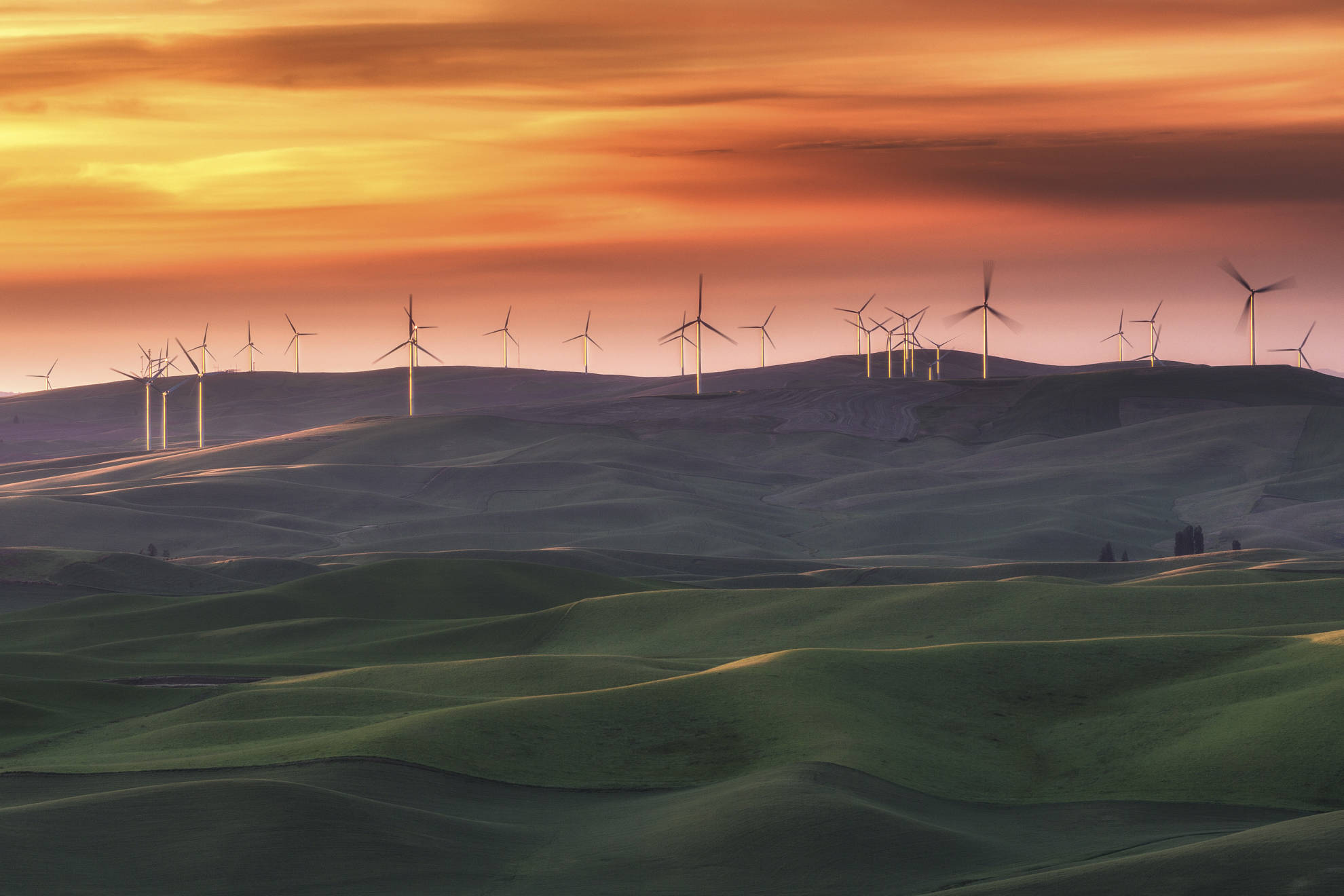President Donald Trump has announced that his administration will indeed pull the U.S. out of the Paris climate agreement. The historic accord, signed by nearly 200 countries in December 2015, is designed to combat the worst effects of climate change by setting a global maximum-warming goal of two degrees Celsius. And the United States, second only to China in carbon emissions, was considered an important leader in that accord.
Despite infighting even among prominent administration officials this week, Trump ultimately went along with his campaign promise to “cancel” the agreement, saying that it would egregiously harm the U.S. economy and American taxpayers.
“As President, I have one obligation, and that obligation is to the American people,” Trump said in a Rose Garden speech marked by occasional rounds of applause. “The Paris accord would undermine our economy, hamstring our workers, weaken our sovereignty, impose unacceptable legal risk, and put us at a permanent disadvantage to other countries. … It is time to exit the Paris accord.”
Washington state leaders and activists—prepared for this news—immediately reacted.
“Climate change threatens every part of our lives,” Mayor Ed Murray said in a statement. Murray, along with 60 other U.S. mayors, has signed a commitment to uphold the accord. “Going backward is not an option, which is why cities like Seattle will fill the void left by President Trump by keeping our commitments to the Paris Agreement. Seattle will pass a resolution affirming this commitment and signaling our readiness to create a cleaner, healthier environment.”
Added Councilmember Mike O’Brien, who attended the Paris climate talks in 2015: “No matter who occupies the White House, cities can be the incubators for the solutions to climate change, and can continue to resist Trump’s planet-destroying agenda.”
Also on Thursday, 350 Seattle launched a campaign to urge Governor Jay Inslee to form a coalition of states in a “climate bloc”: Washington, Oregon, California, Massachusetts, and New York.
The group argues that while local climate policies can’t alone reduce global carbon emissions, the above, climate-friendly states are all powerful economic engines that rely on international trade. These five states together represent nearly a third of the U.S. economy—California alone has the sixth largest economy on the planet—and Washington is said to be the most trade-dependent state in the nation.
According to a release from 350 Seattle, a likely response from the international community is trade sanctions against the U.S. If this state-led climate bloc could succeed “in establishing itself as a responsible global partner, it may be able to negotiate waivers of at least some of those tariffs—in which case this would be not only the right thing to do, but by far the most fiscally prudent move.”
The letter from 350 Seattle is not the only one Inslee received this week. On Wednesday, a group of 21 West coast members of the U.S. House of Representatives, co-led by Washington U.S. Rep. Suzan DelBene, also sent a letter to Inslee, Oregon governor Kate Brown, and California governor Jerry Brown, urging them to band together and support the Paris agreement. “Given the vacuum in climate leadership that has resulted from the election of Donald Trump, our states must continue to form a ‘green wall’ in the West that will maintain climate leadership in the United States,” the letter reads. “We call on you … to show international leadership where the current Administration has failed.”
The message seems to have been received. In a statement released Thursday, Inslee, along with the governors of California and New York, announced they were forming the United States Climate Alliance, “a coalition that will convene U.S. states committed to upholding the Paris Climate Agreement and taking aggressive action on climate change.” When it comes to climate policies, “states have been and will continue to step up,” Inslee said.
That’s “an excellent start,” says 350 Seattle’s Emily Johnston, though she and others have argued that most climate policies that exist right now are not strict enough to truly stave off the most extreme effects. To Johnston, even the Paris agreement’s two-degree goal is too high. So although Trump’s decision to exit the Paris agreement is “profoundly immoral … we can use that immoral action to do something much more genuinely inspiring than we would otherwise.”
Inslee, Brown, and New York governor Andrew Cuomo “all know existing agreements are not enough,” she adds. “Nobody has been talking about the right [emissions] targets yet—period—on a policy level. That’s what we’ve got to change.” 350 Seattle argues, for instance, that this Inslee-led group of states could follow Germany’s plan to ban all internal combustion engines by 2030 or China’s $360 billion investment in renewables by 2020.
“We want Inslee to use this opportunity to get out way ahead, so that in a couple years, when the country wakes up, there’s a model to follow,” she says. In the meantime, “We eagerly await the details of what the governors view as ‘aggressive action’ on climate.”
sbernard@seattleweekly.com








